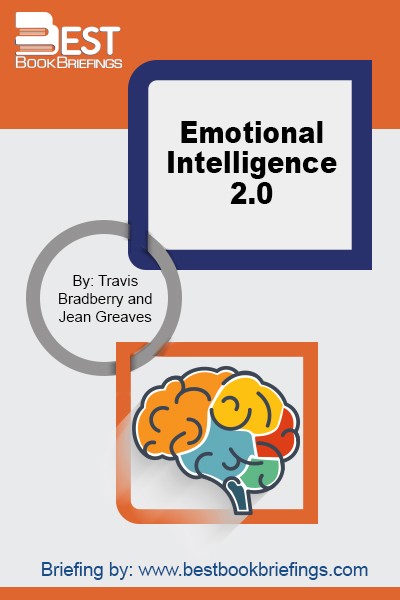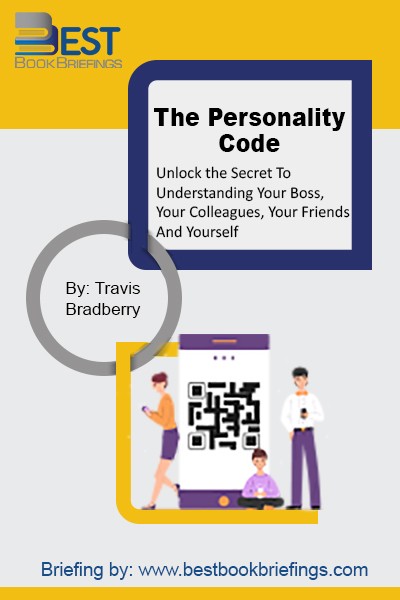Emotional Intelligence 2.0
Editorial Review
How much of an impact does Emotional intelligence (EQ) on your professional success? The short answer is: a lot! EQ has been tested alongside 33 other important workplace behaviors and was found to subsume the majority of them, including time management, decision- making and communication. EQ is so critical to success that it accounts for 58% of performance in all types of jobs. It’s the single biggest predictor of performance in the workplace and the strongest driver of leadership and personal excellence.
Book Reviews
Books on Related Topics
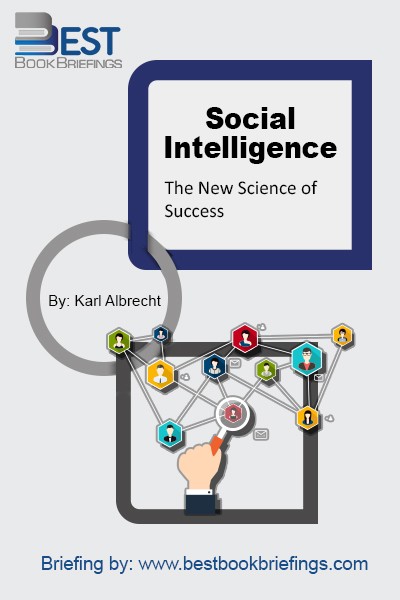
Social intelligence is defined as the ability to get along well with others while winning their cooperation. Social intelligence is a combination of sensitivity to the needs and interests of others, which is sometimes called your social radar, an attitude of generosity and consideration, and a set of practical skills for
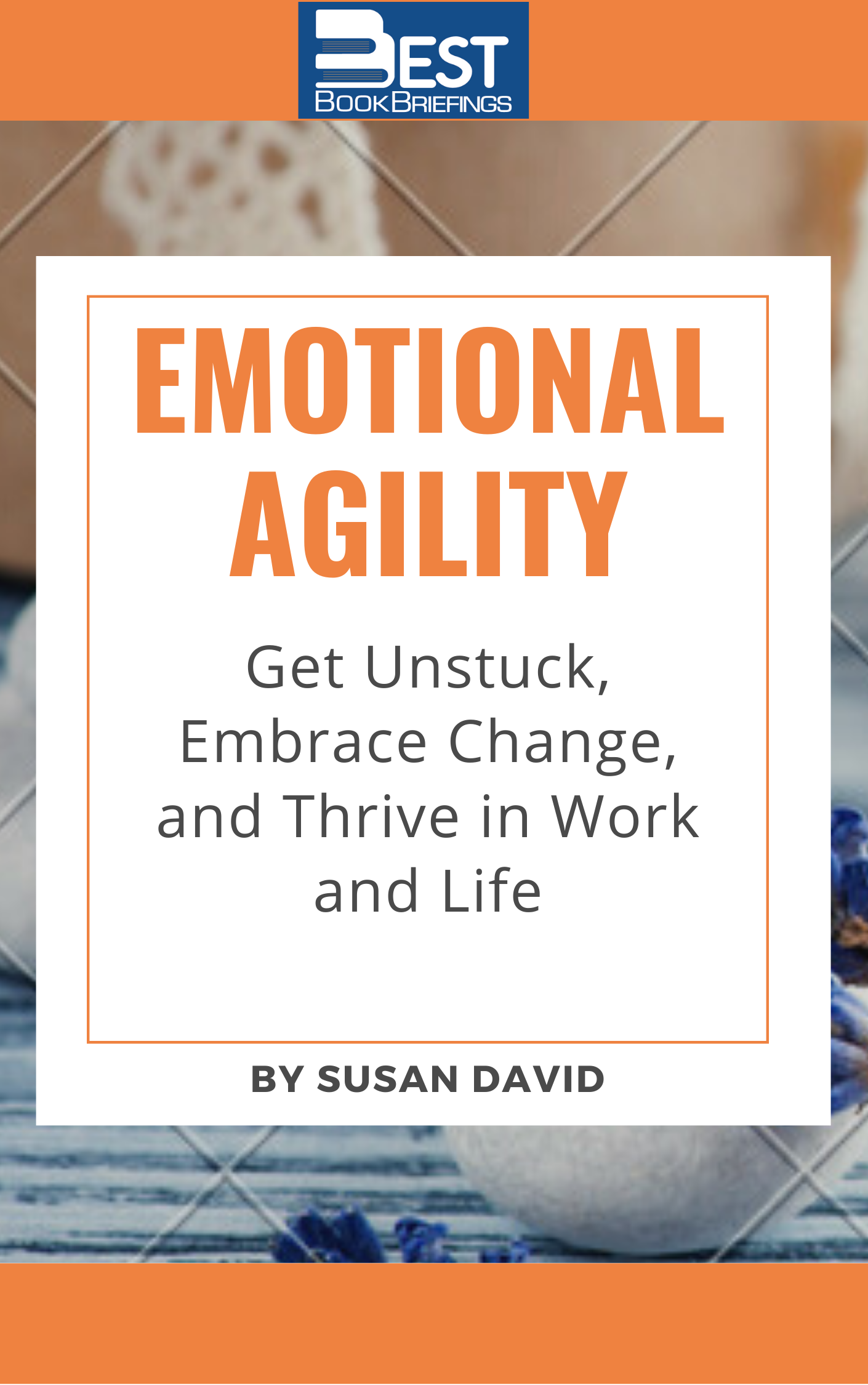
Summary of Emotional Agility by Susan David. This summary intends to increase your awareness of your own emotions and to help you come to peace with even the difficult ones. According to the author, Susan David, if you want to control your emotions, you need to address your thinking patterns and
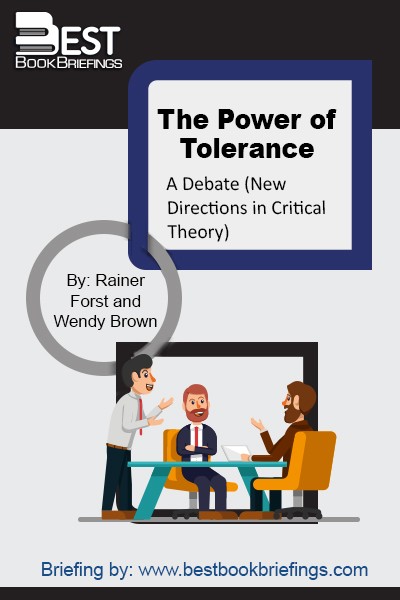
We invoke the ideal of tolerance in response to conflict, but what does it mean to answer conflict with a call for tolerance? Is tolerance a way of resolving conflicts or a means of sustaining them? Does it transform conflicts into productive tensions, or does it perpetuate underlying power relations? To
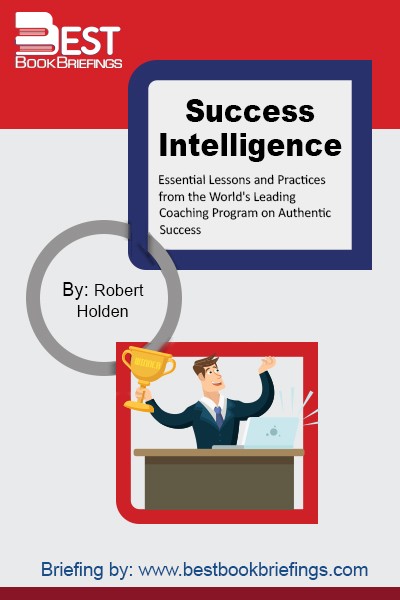
There are so many apparently intelligent people chasing success in the most foolhardy manner. They are manic, hyper and busy to the point of distraction. They might have gotten A’s for effort, but not for intelligence. We live in a “Success Culture”. Many people pursue success as a primary goal in
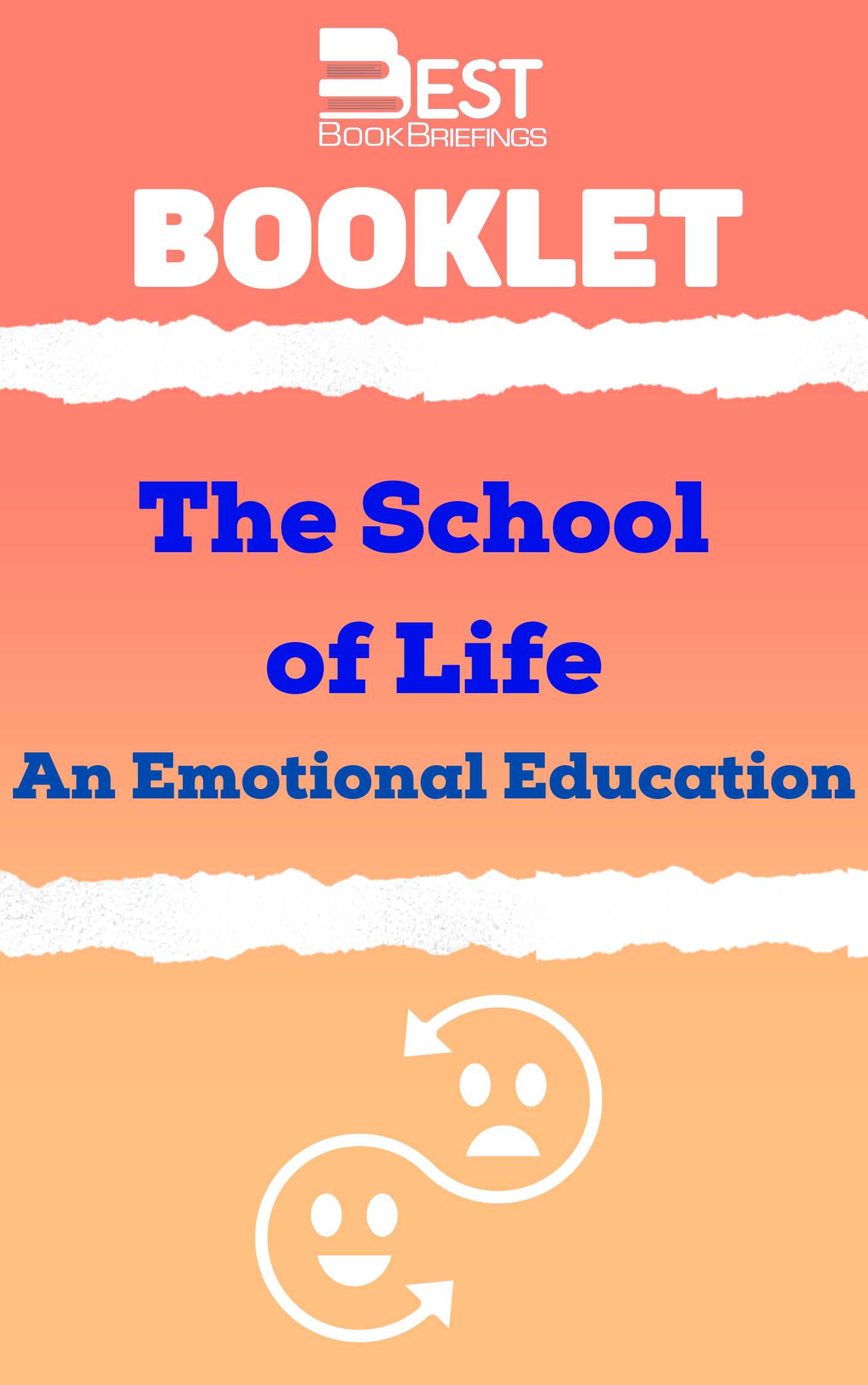
Emotional intelligence affects every aspect of the way we live, from romantic to professional relationships, from our inner resilience to our social success. It is arguably the single most important skill for surviving the twenty-first century. But what does it really mean?One decade ago, Alain de Botton founded The School of Life, an

“Constructive wallowing” seems like an oxymoron. Constructive is a good thing, but wallowing is bad. Right? But wait a minute; is it really so terrible to give ourselves a time-out to feel our feelings? Or is it possible that wallowing is an act of loving kindness, right when we need it
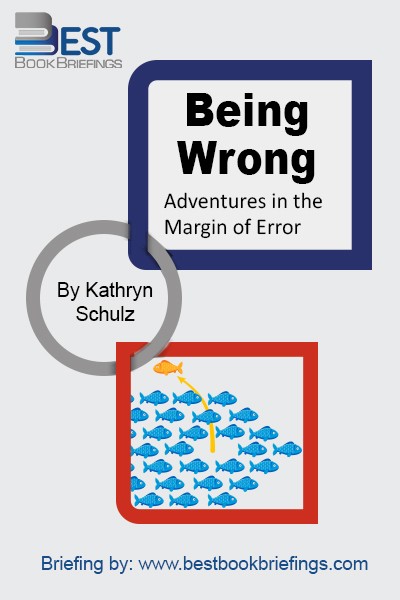
In our collective imagination, error is associated not just with shame and stupidity but also with ignorance, indolence, psychopathology, and moral degeneracy. Of all the things we are wrong about, this idea of error might well top the list. It is our meta-mistake: we are wrong about what it means to
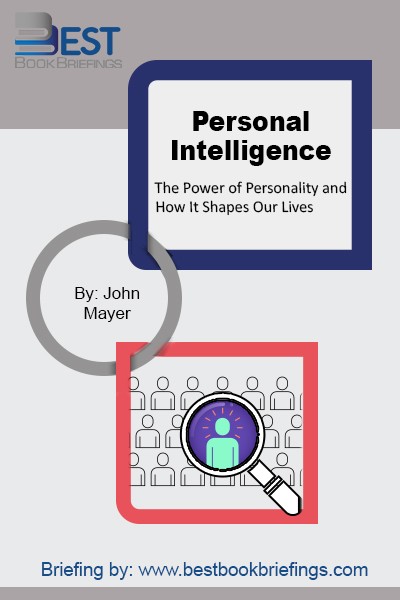
Today, many psychologists are developing new accounts of how personality works based on the rapid accumulation of findings of the field, namely, the theory of a new human intelligence – a mental capacity that we use to guide our lives – to reason about ourselves and other people. This ability to
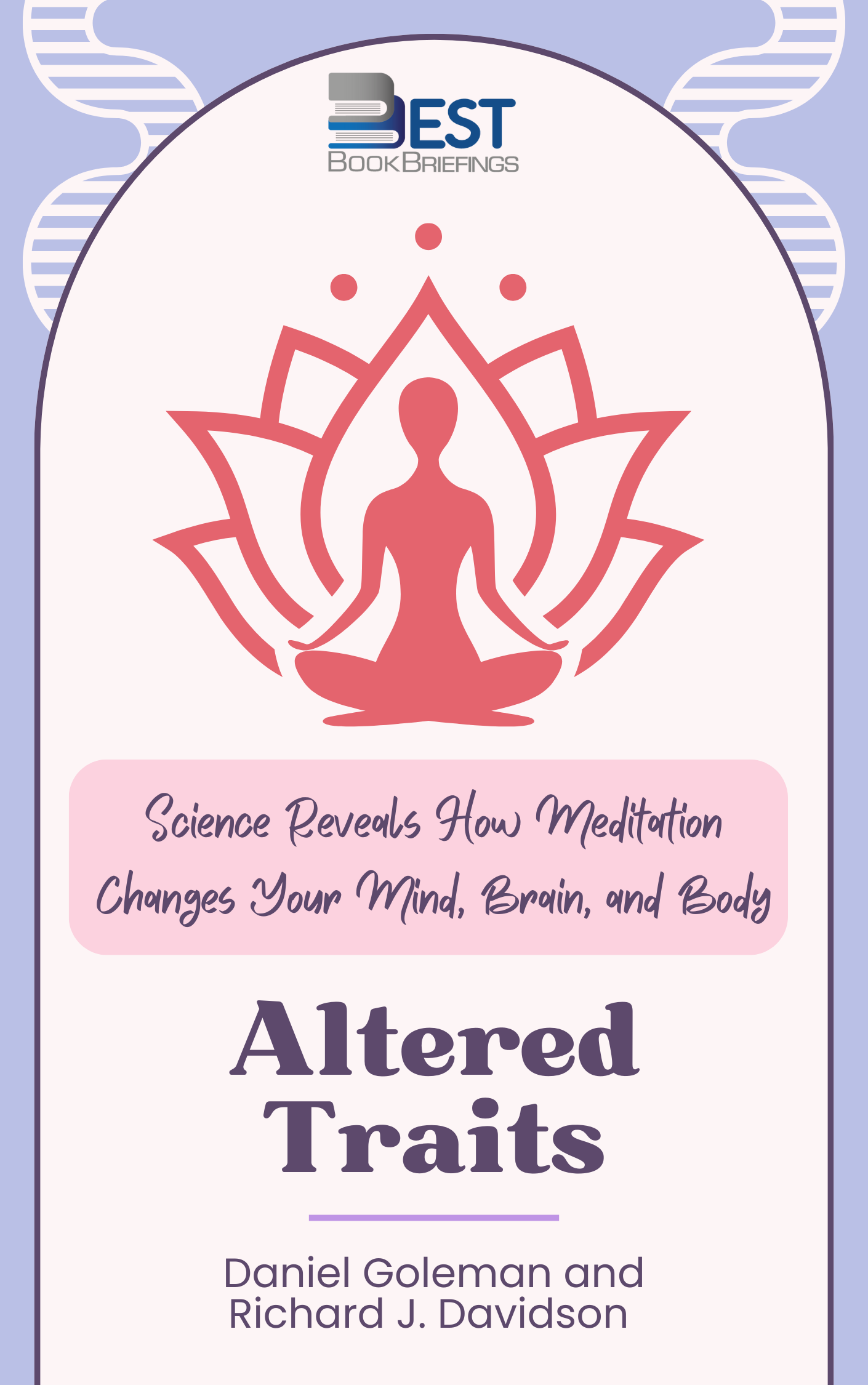
In the last twenty years, meditation and mindfulness have gone from being kind of cool to becoming an omnipresent Band-Aid for fixing everything from your weight to your relationship to your achievement level. Unveiling here the kind of cutting-edge research that has made them giants in their fields, Daniel Goleman and
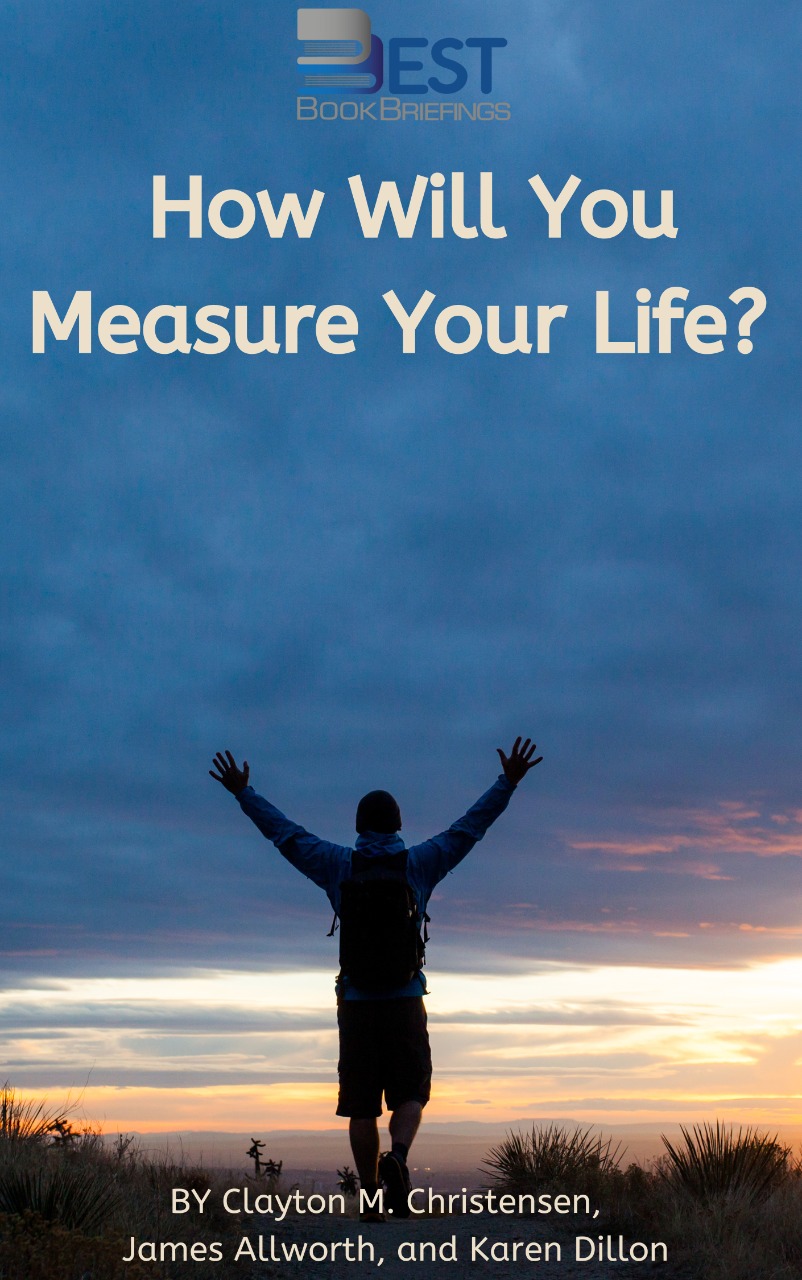
From the world’s leading thinker on innovation and New York Times bestselling author of The Innovator’s Dilemma, Clayton M. Christensen, comes an unconventional book of inspiration and wisdom for achieving a fulfilling life. Christensen’s The Innovator’s Dilemma, notably the only business book that Apple’s Steve Jobs said “deeply influenced” him, is

